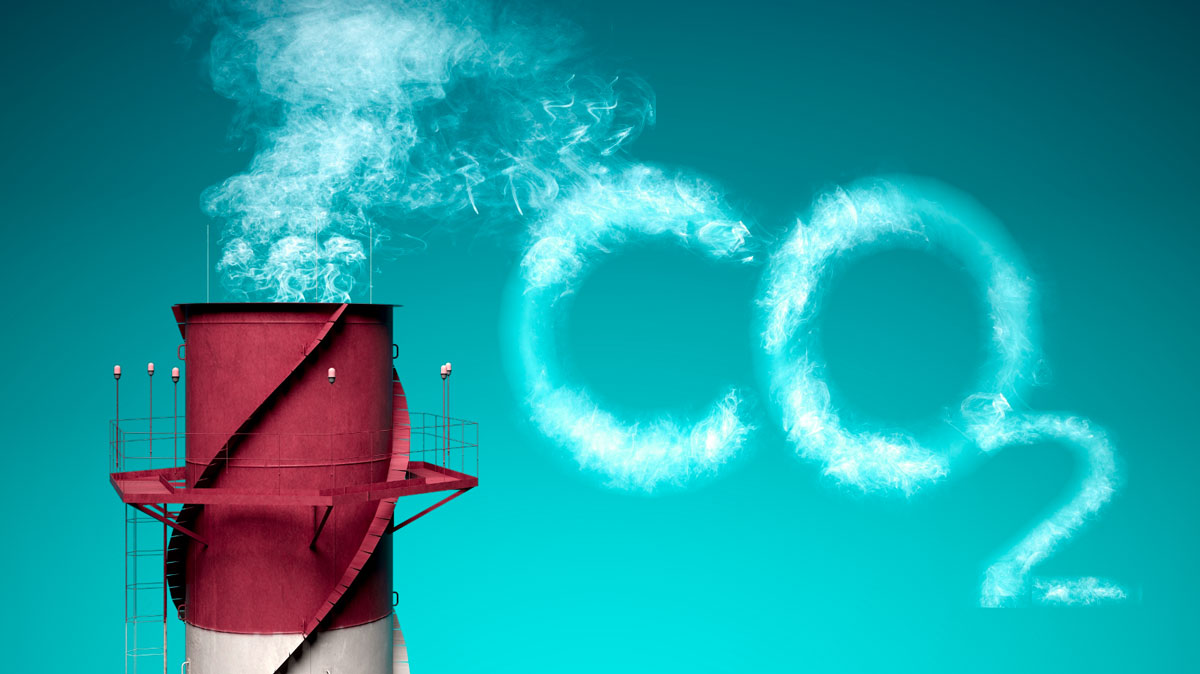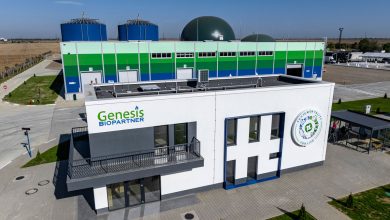Scope of the EU Border Carbon Tax Widened
European Parliament’s Committee on Environment, Public Health and Food Safety will vote on the introduction of a carbon tax at the borders of the European Union. This tax would apply to non-EU imports coming from the energy sector and energy-intensive industrial sectors, such as cement, steel, chemicals, and fertilizers. According to the amendments to the initial version of the draft, added to them will be the imports of petroleum and refined products, glass, paper and aluminium.
The document will be subsequently adopted, by the end of June, as a resolution of the European Parliament to show the lawmakers’ position before the official proposal of the European Commission regarding the border tax. “The European Parliament Considers that this tax should eventually cover all imports, but that in an initial phase, from 2023, it should cover the power sector and energy-intensive industrial sectors like cement, steel, aluminium, chemicals, glass, paper, oil refining and fertilizers, which continue to receive substantial free allocations, and still represent 94% of EU industrial emissions,” reads the decision of MEPs. The current version of the document did not include oil refining, glass, paper, and aluminium, but the representatives of green, liberal, socialist, and centre-right groups joined forces to present an amendment to widen the scope of the tax. Frans Timmermans, Executive Vice-President of the European Commission for the European Green Deal, has recently stated that the EU would introduce a carbon border tax for non-EU states, unless they undertake to reduce their emissions. This measure could strongly affect the major economies, such as China, but also the Western Balkans and other countries.
Taxation of carbon dioxide emissions
Under the European Green Deal, the European Union has announced its intention to become the first climate neutral continent by 2050. In this context, there is a need to introduce the “carbon border adjustment mechanism”, which in essence means the introduction of a border tax for non-EU imports of products coming from polluting industries. Currently, at EU level there is a single market for carbon emission allowances (EU-ETS), which polluters in sectors such as energy, steel production, cement or commercial aviation pay for each ton of CO2 emitted. Some operators receive free allowances, either to afford upgrades or because they cannot be competitive. The carbon border tax is meant to reduce and regulate the import of goods with high carbon footprint from countries that do not have an emission taxation system.
Regarding the energy sector, mainly electricity, all managers of facilities in the ETS system are required to pay the CO2 allowances. In Romania, the list of idling facilities covered by the scheme for the sale of greenhouse gas emission allowances for the period 2021-2025 includes a number of 138 units, including Uzina Termoelectrica Midia, CET Govora, Linde Gaz Romania, Arcelormittal Galati, OMV Petrom (Bulbuceni Compressor Station, Bustuchin Compressor Station), Heidelbergcement Romania, CIECH Soda Romania, Automobile Dacia, Rompetrol Rafinare – Petromidia, RADET Bucharest, Electrocentrale Bucharest, Petrotel-Lukoil, Silcotub, CET Arad, Veolia Energie Prahova, ALRO, Electrocentrale Paroseni, Rompetrol Rafinare – Vega, Petrobrazi, Chimcomplex Borzesti and others.



